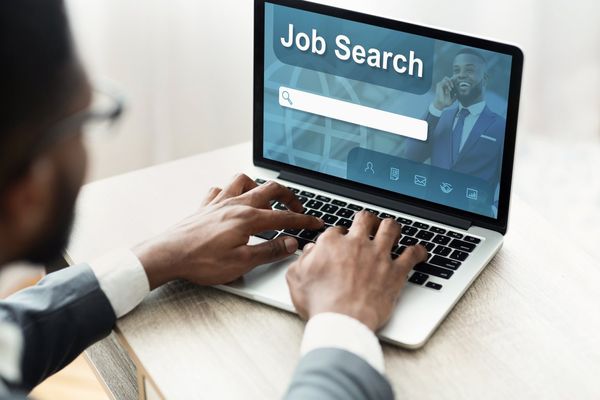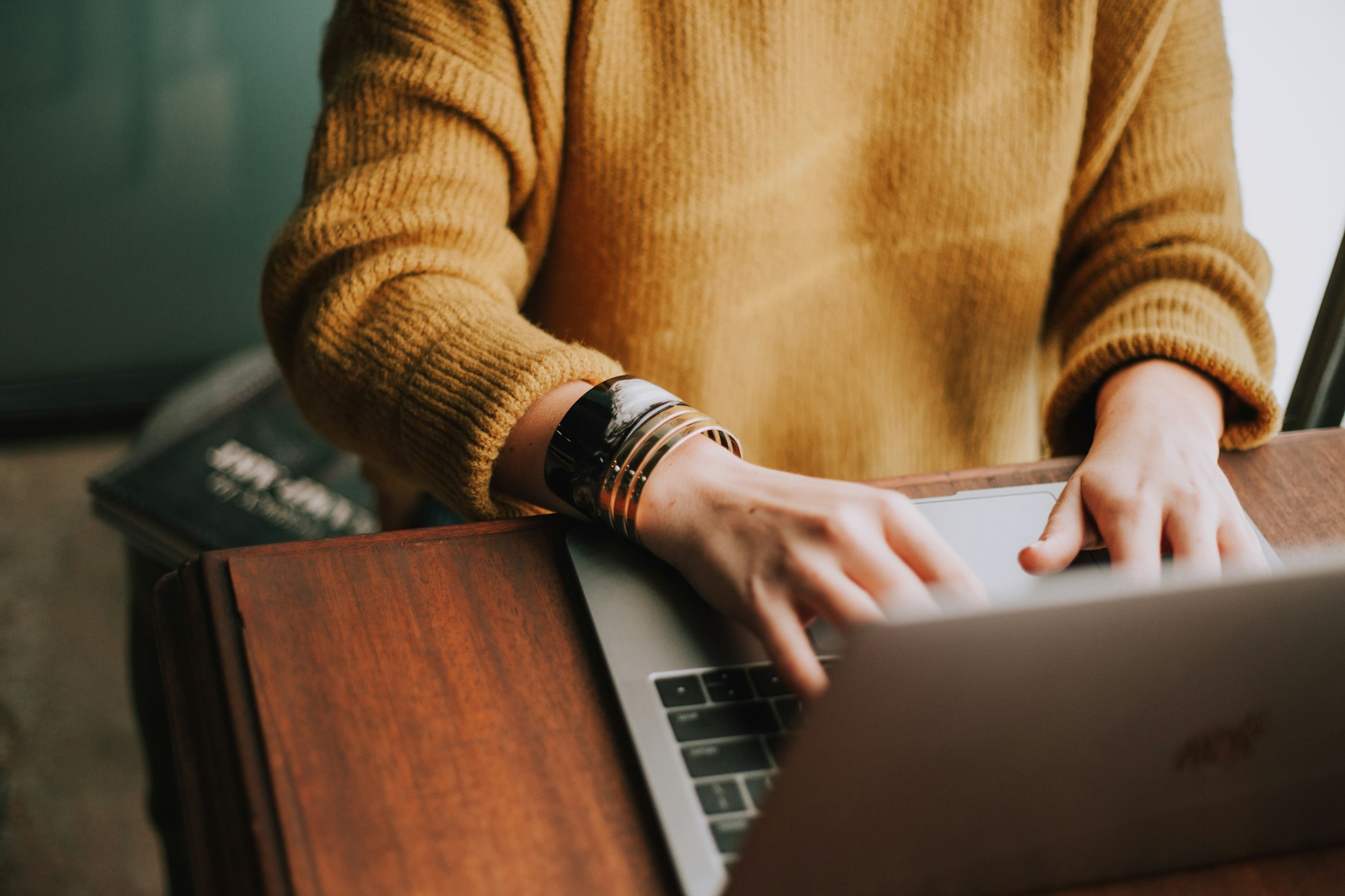Interview Attire: How to Dress For an Interview
First impressions are everything, and this is more true than ever during an interview.
Interviews are how organizations and employers get to know us, and how you look is the first thing they will notice. How you dress for an interview can tell your future employer a lot about you as a person before you ever open your mouth.
Interview outfits can show how organized you are, how you choose to interact with others, whether you are sociable, and how responsible you are.
So what to wear to an interview?
Discover top interview outfits interviewees prefer to wear nowadays
While interviews don’t always call for a suit or formal wear, looking your best is always the preferred way to approach an interview. In general, you want to keep it sharp, and simple.
Don’t wear a lot of makeup or jewelry, and keep your hygiene crisp without too much cologne or perfume. Muted colors are preferred over loud ones, your outfit should be conservative and match the environment of the workplace you are applying for.
Here are some more specific examples.
What to Wear to a Job Interview at a Casual Work Environment
Just because it’s casual doesn’t mean you should push the envelope with your interview outfits. Dark jeans, cardigans, cashmere sweaters, and blouses fit the bill for a casual workplace.
Skirts are fine as long as you keep it knee-length and opt for pantyhose, and button down shirts are always a good look. Avoid open-toed shoes, and learn toward business casual dress shoes, flats, or heals.
What to Wear to a Job Interview at a Formal Work Environment
If you’re wondering what to wear to an interview at a formal workplace, think about what you would wear to the opera or a five-star restaurant.
Darker colors are a must, so lean toward black or navy dress pants, pencil skirts, slacks, and blazers.
Pick comfortable dress shoes for men like oxfords or loafers, and for women, choose flats or heels.
Button down shirts are the preferred option, though a cardigan under a jacket works as well. While not always necessary, a tie is a nice accessory to help convey a sharp, put together applicant. Complementing your outfit with a classic watch, such as one from Tissot, can elevate your look while reflecting attention to detail.
When it comes to accessories for interviews, less is often more.
However, there's something elegantly minimalist yet sophisticated about wearing subtle jewelry, such as pearl rings, which add a touch of class without being overly extravagant, complementing various wardrobe choices from business casual to formal. A modest diamond ring can also serve as a refined accessory that enhances your outfit while maintaining a professional appearance.
Match eyeglasses with your outfit
Matching your accessories is a given for a job, and a pair of perfect eyeglasses can go a long way to tying an outfit together. A simple but intelligent-looking pair of lenses can complete a great interview outfit and look equally sharp outside the workplace.
Choose comfortable dress shoes
Just like glasses, shoes are an often overlooked part of an outfit, and opting for a sleek pair of oxfords, loafers, or boat shoes is the right way to make a subtle but poignant impression.
A comfortable pair of dress shoes can serve you in and out of interviews and -with proper care - can be an investment that will be with you for years.
Lean towards dark or muted colors. Most importantly, match them to your belt for a look that is sure to help with that first impression.
What to Wear to an Interview? 3 myths to know
Now that we’ve covered some of the outfit options, let's talk about what comes next: the best practices. The times have changed, but not as much as you think. Let's explore some myths you may have heard about interviewing for a job.
- If I’m overqualified, they won’t hire me - This is a common belief based on the countless reports on Twitter and other social media of people being turned down because employers don’t want someone to be too good at their job. The belief is that if a person is too qualified, then the employer believes they will cost too much to hire. But this simply isn't true.
According to the National Association of Colleges and Employers, 91% of employers prefer job applicants with work experience, and 65% lean toward candidates with relevant work experience.
Overqualification simply doesn’t exist to employers if you have the experience they need for the position you’re looking for. You may even find yourself in a position you didn’t interview for based on a high level of work experience, so don’t hide it!
- Thank you notes are a thing of the past - Sending a thank-you note used to be standard in job interviews of the past, but they simply are not needed anymore, right?
Wrong. Resume builder TopResume conducted a survey of employers and found that over 65% of employers not only appreciate a thank-you letter, but EXPECT one from expectant applicants. It’s a process that takes mere minutes, and can be the difference between being forgotten, and getting the job you want.
- Your online persona doesn't matter - Whether it’s your email, Facebook, Twitter, or Instagram, surely an employer won’t judge me on something that is personal and private, right?
In the digital age, your online presence matters more than ever before, and this especially applies to job interviews. Posting things that are too wild or counter to the company values on your social media can hurt your prospective chances.
What's more, according to Business 2 Community, three out of every four recruiters will throw out a resume because of an unprofessional email address. Keep it clean out there!
Avoid using too much cologne
We cannot stress enough that cologne and perfume should be applied in moderation. A single half-squirt on the wrist that can be applied to your other wrist is all you need. Recruiters see a lot of people on a given day, and the less they smell, the better!
Conclusion
First impressions are important, so it’s good to be thinking about how to make the process go as smoothly as possible.
Come prepared by being ready to talk about your resume, the position, the company, and be ready for any question the recruiter will ask. Aside from that, dress sharp, dress confidently, and you’ll be dressed for success.
Happy hunting!



